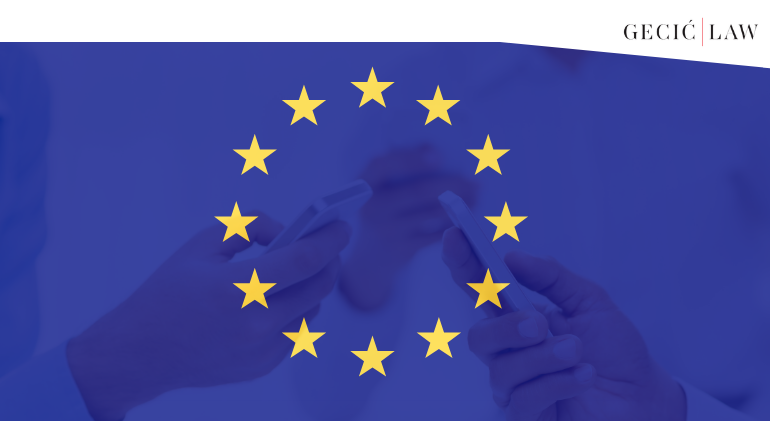

The European Ombudsman Emily O’Reilly stated on Friday that text messages between EU Commission President Ursula von der Leyen and the CEO of pharmaceutical giant Pfizer are documents the public should have access to. O’Reilly’s opinion indicates that the Commission mishandled a request for public access to these messages, which concern the EU’s purchase of COVID 19 vaccines from the manufacturer.
The European Commission had earlier denied a request made on 4 May 2021 via Access Info’s AsktheEU.org platform by Alexander Fanta, a journalist with netzpolitik.org.
Access Info’s platform enables citizens of the EU direct access to public information. The platform enables anyone to ask a question which is then forwarded to EU institutions in line with the Regulation on Access to EU Documents.
Replying to the request for access to these messages, the Commission claimed that text messages are not registered as documents and therefore cannot be requested. This request was made soon after President von der Leyen herself commented on the messages for the New York Times last April.
In its decision, the Ombudsman said that no attempt was made by the Commission and von der Leyen’s cabinet to look for the text messages, which falls short of expectations of transparency and administrative standards in the Commission. Additionally, O’Reilly pointed out that the right of public access concerns the content and not the form of documents, urging the Commission to update its record-keeping practices.
Commission officials had argued earlier that text messages are short-lived documents and are not sufficiently important to justify their inclusion in a document management system and are therefore not within the scope of Regulation 1049/2001 on access to documents.
The EU Commission was charged by member countries to steer the common procurement of vaccines during the coronavirus crisis and negotiate with manufacturers. This has raised the issue of a potential lack of transparency surrounding the process. The EU has so far has not revealed the amount that has been paid for the vaccines it secured citing confidentiality reasons.